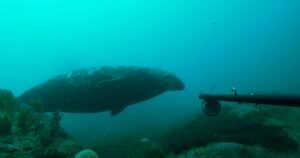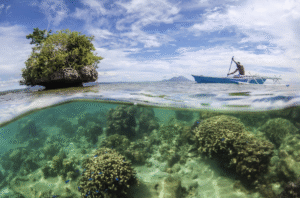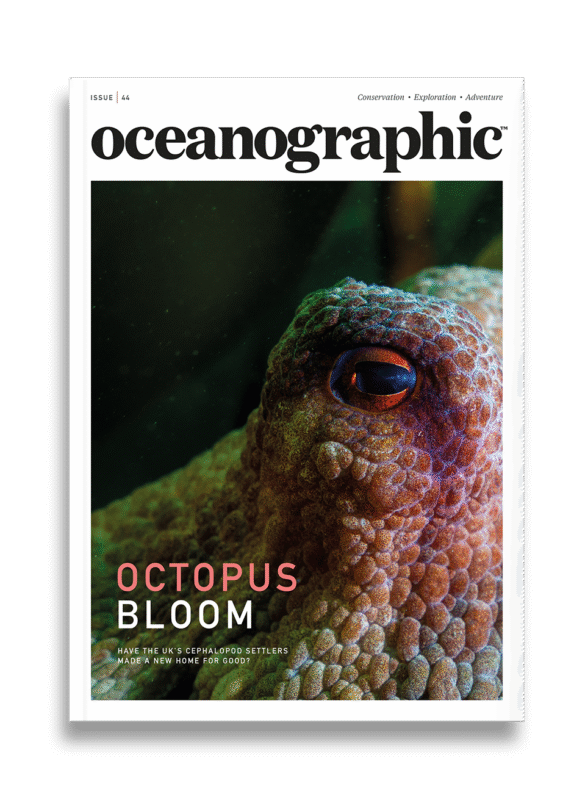Nations ratify agreement to cease harmful fisheries subsidies
To enter into full force, the agreement needed to be ratified by two-thirds of the World Trade Organisation’s 166 members, a threshold that was met when 111 members nations had it ratified on September 15th this year.
After more than 20 years of negotiations, the World Trade Organisation has this week made history by finally making formal an Agreement to stop governments handing out harmful subsidies that contribute to overfishing and illegal fishing.
The landmark deal – the Agreement on Fisheries Subsidies – was adopted in June 2022 but is the product of more than two decades’ of intense multilateral negotiations on the pathway towards a global effort to protect the world’s ocean.
To enter into full force, the agreement needed to be ratified by two-thirds of the World Trade Organisation’s 166 members, a threshold that was met when 111 members nations had it ratified on September 15th this year.
Through binding and enforceable provisions, the landmark agreement is expected to significantly reduce overfishing, ensure sustainable fisheries, and promote better practices for coastal communities worldwide. It commits countries to prohibit subsidies provided to vessels and operators engaged in illegal, unreported, and unregulated fishing; prohibit government subsidies provided to support fishing of an overfished stock (unless they are also implementing measures to rebuild the stock to a biologically sustainable level; and prohibit government subsidies that enable fishing on the unregulated high seas.
The entry into force also activates the WTO Fish Fund, which aims to assist developing and least developed countries with implementing the agreement, improving sustainability, and benefiting fishing communities worldwide. The EU and its member states are the majority contributors to this fund.
In addition to taking steps to effectively implement the agreement, WTO members must finalize a set of additional rules to curb subsidies not covered in the 2022 deal – particularly government subsidies that contribute to fishing in other countries’ waters and to overfishing and overcapacity, which is a fleet’s ability to harvest more fish than is sustainable.
Negotiations to finalise these rules are ongoing and must be concluded within four years of today’s entry into force; otherwise, the agreement will expire unless the WTO General Council decides to keep the agreement in place.
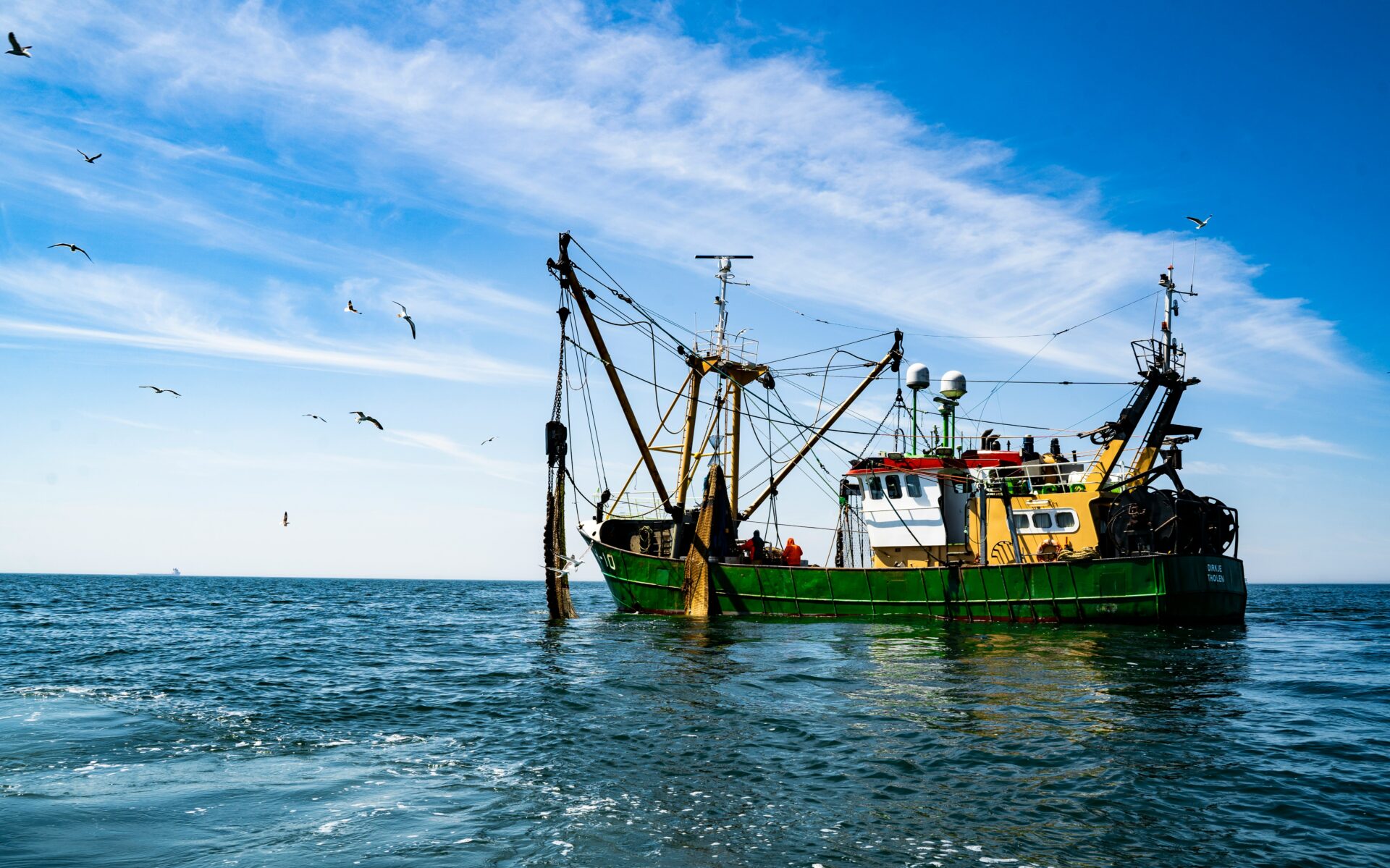
Megan Jungwiwattanaporn, an officer with The Pew Charitable Trusts, an NGO that has been working on projects to reduce harmful fisheries subsidies, said: “This is a significant step forward for the ocean and the coastal communities that depend on it.
“World Trade Organisation members must now maintain this momentum by ensuring the effective implementation of the agreement and finalising the additional rules under negotiation – which will meaningfully improve ocean health and put depleted fish stocks on a path to recovery, sustaining livelihoods for generations to come.”
With the agreement now in force, World Trade Organisation Members will have to transpose these new multilateral rules into the internal fisheries subsidies framework. To monitor that implementation, WTO members have to provide a range of detailed notifications that will be reviewed by the new WTO Committee on Fisheries Subsidies, also created by the agreement.
Costas Kadis, Commissioner for Fisheries and Oceans at the European Commission, said: “The Agreement on Fisheries Subsidies is crucial for ensuring that fisheries subsidies take sustainability as their core objective. This landmark agreement is a key deliverable of our ambition to protect the ocean, as reflected in our European Ocean Pact.
“It will provide additional means to tackle harmful practices such as illegal fishing and avoid harming the ocean and fish stocks on which the livelihoods of coastal communities around the world depend. Along with initiatives such as the United Nations’ High Seas Treaty, the World Trade Organisation agreement is another major step towards saving our ocean.”


"*" indicates required fields
Printed editions
Current issue
Back issues
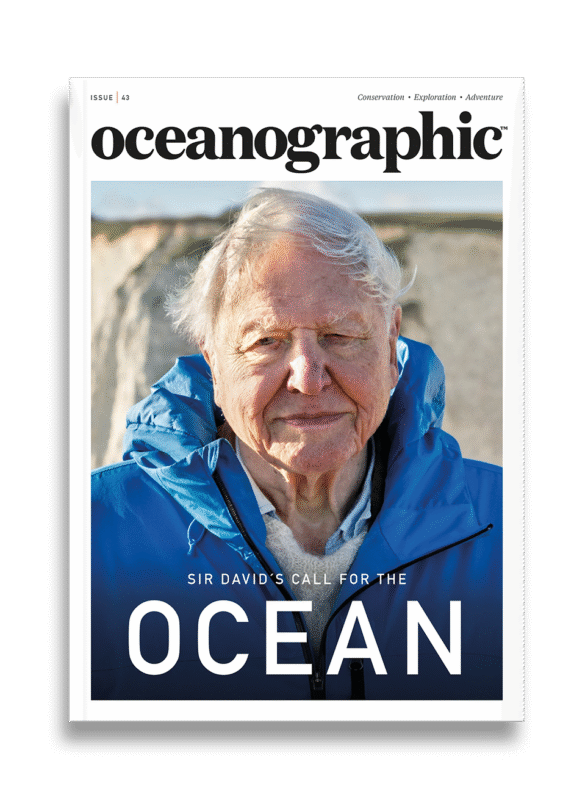
Back Issues
Issue 43 Sir David Attenborough’s ‘Ocean’

Back Issues
Issue 41 Holdfast to the canopy
Enjoy so much more from Oceanographic Magazine by becoming a subscriber.
A range of subscription options are available.

